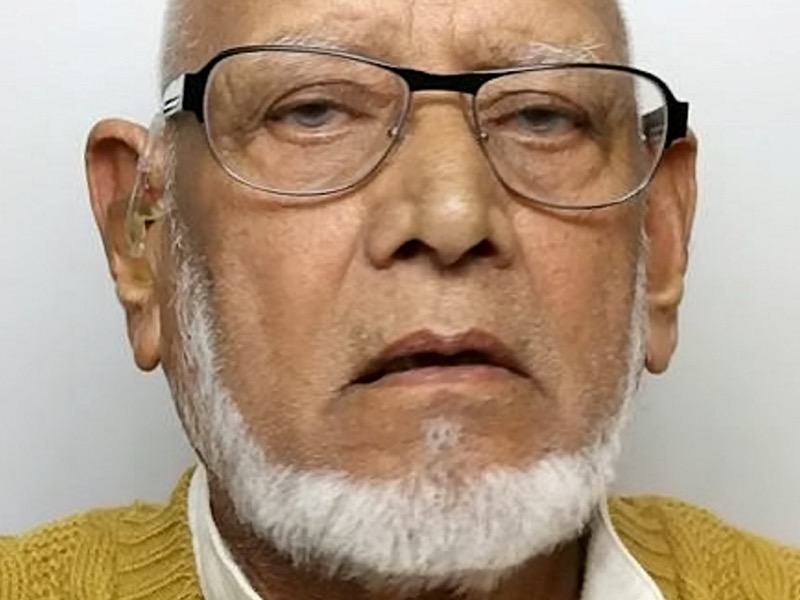
New law is needed after Delhi bus gang rape in 2012
Indian officials have this week passed legislation which has lowered the age for people being tried for rape and other crimes to 16.
Under the new law, 16 and 17-year-olds can be tried as adults, with corresponding sentences of up to life in prison or even the death penalty, depending on the severity of the crime
The law was spurred into action after the outrage over the release of a minor convicted in a 2012 fatal gang rape of a 23-year-old woman on a Delhi bus.
Parents of a victim who was repeatedly raped and beaten by the 17-year-old minor, as well as five adult companions, have asked for amendments to the law.
The woman died of her injuries two weeks later at a Singapore hospital.
The victim’s father, Badri Singh, said the widespread public anger has forced the government to act.
Mr Singh said: “They (the lawmakers) were sleeping, thinking that they will silence the people but the reason that they had to do something was because the people did not keep quiet.”
The case drew worldwide attention and condemnation. Four adults in the case were sentenced to death while the fifth man hung himself in prison. The death penalties are yet to be carried out.
India’s Women and Child Development Minister, Maneka Gandhi, said on Tuesday: “Juvenile crime is the fastest rising segment in the country and the bill will help to stop [this].”
“The new law will decide whether a child committed the crime in a childish or adult frame of mind.”
Authorities say the number of juvenile crimes has been increasing. Last year, 38,565 cases were registered, including many cases of murders, rapes and acid attacks.
The supporters of the new law say tougher punishment will act as a deterrent.
On Tuesday, the Juvenile Justice Bill was passed by the Rajya Sabha – the upper house of the parliament, after initially being approved by the Lok Sabha – the lower house, in May.
It will now have to be signed by the president to become law, which correspondents say is a ‘mere formality’.














